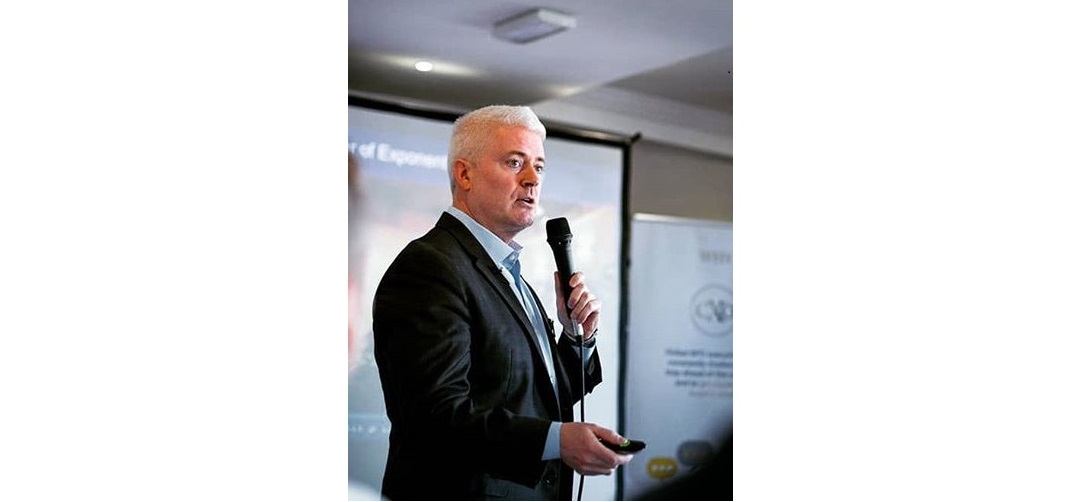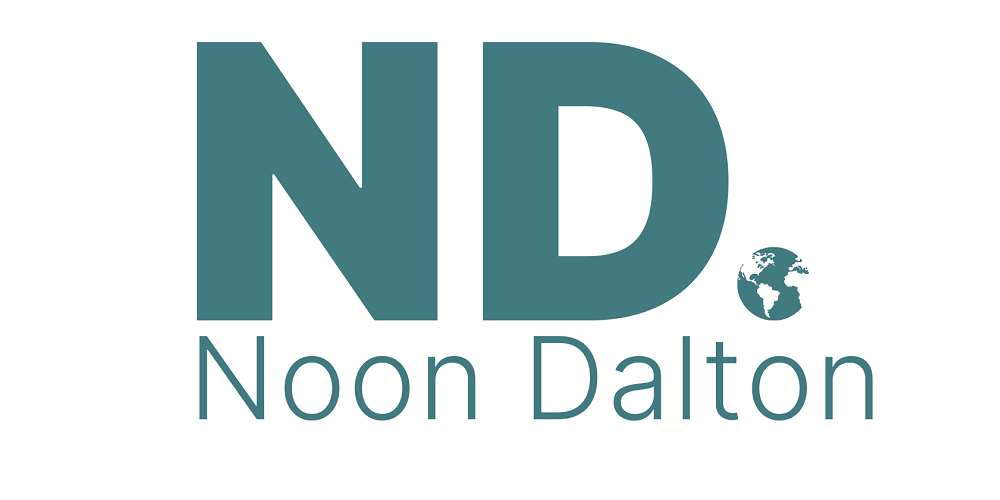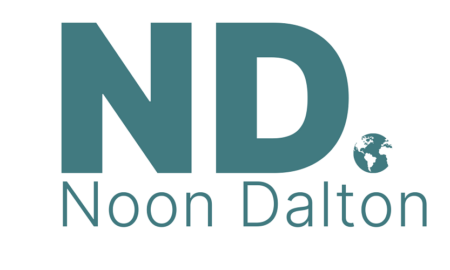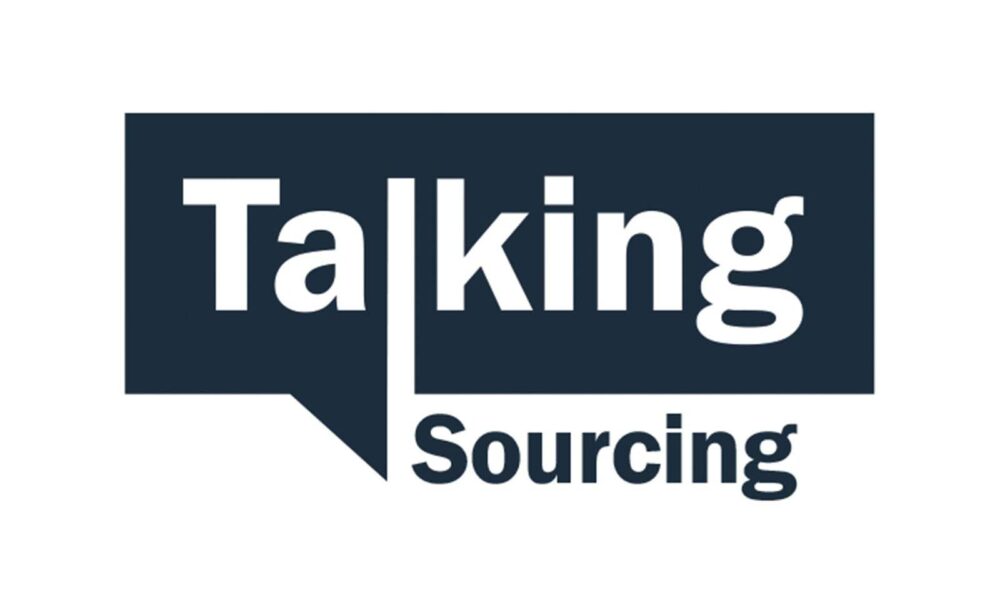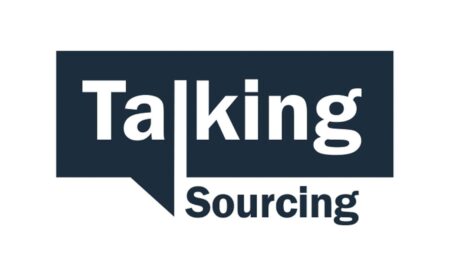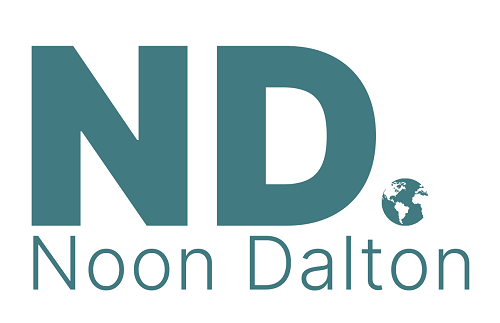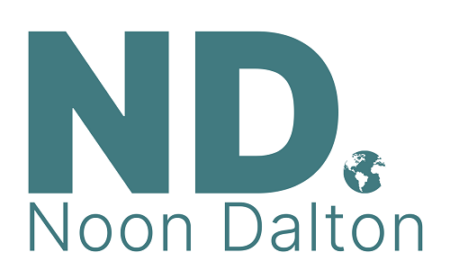The perfect date for me would be staying at home, making a big picnic in bed, eating Wotsits and cookies while watching cable TV. – Kim Kardashian
Readers of this blog know that I’ve been writing about the current state of the political economy in the United States with greater frequency since the onset of Covid19. My reasoning has been simple, even if the subject is not.
If America’s current economic system (what we might term shareholder capitalism) is coming under increasing strain, and offshore outsourcing is to some significant degree a product of that system, to what extent might global business services be impacted by potential changes to the American political economy in coming years…if at all?
As for the Kardashians… bear with me.
A Gathering Storm
Even before Covid hit these shores, push-back against the current economic arrangement in the United States seemed to be gaining steam. This fall, a provocative piece in American Affairs by writer Sam Long profiled Boston billionaire investor Seth Klarman. Long is unsparing in his criticism of not only Klarman, but the increasingly financialized nature of the American economy. In his mind, it faces an overdue reckoning:
What we confront today—a business elite dominated by financiers and their squires, presiding over a disordered economy gutted of both its productive energy and the ability to generate mass prosperity—is a direct result of this economic and cultural evolution.
The article describes how this system of ours has been evolving over decades, having received its marching orders as far back as the 1970s. As Long lays out, back then, intellectuals such as Harvard economist Milton Friedman helped provide what still seems to many like a perfectly logical list of justifications for a system of shareholder capitalism. Not surprisingly, Long sees it otherwise:
Friedman… jettisoned any idea of corporate responsibilities beyond shareholder profits, providing the pseudo-juridical justification upon which thousands of companies in the ensuing decades saw their less profitable divisions amputated, their balance sheets loaded with debt, and their workforces offshored….
Over time, Long contends:
They discovered financial engineering techniques to boost stock values without growing earnings or investing in productive assets. Bankers and consultants helped shareholders and boards value, measure, and optimize their equity, which often led to decisions to offshore jobs or purposefully reallocate capital away from asset-intensive industries that employed millions of middle-class Americans.
The issues are now structural, and it’s hard not to confront the fact that financialized capitalism has much to do with our current moment in the United States. According to Long:
The consequences have damaged the long-term health of the American economy and hindered its ability to create prosperity and offer opportunities for social mobility…. Related to this shift in sectoral balances is both a shameful level of inequality and historically weak economic performance and productivity growth…. The impact is not merely economic. The cultural and political consequences of shareholder primacy have undermined our social cohesion.
For Long, “Many structural reforms are necessary to change this.”
Taking to the Streets
Today protesters are in the streets across the country. Rioting is not uncommon. Although the killing of George Floyd by a Minneapolis police officer sparked the mass movements we’re now seeing – with Covid19 as a not unimportant background factor – if Long is correct, the structural issues he raises in his American Affairs piece almost certainly play a part.
In a recent essay, author Matt Stoller agrees:
I do suspect that the outpouring of anger reflects something deeper than frustration with police brutality. There’s a broad sense of impotence, and not just among protesters, a feeling that our social contract has broken down, that we no longer have the means to come together and address social problems via politics.
And in another piece from January, 2020, just before Covid19 started to impact the United States, Sam Long again suggested things are about to change:
Business culture also appears to be shifting, and it has once again become possible to be ‘pro-business’ while objecting to returns earned through labor arbitrage. Even JPMorgan Chase’s Jamie Dimon now suggests that the efficiencies-over-everything-else shareholder economy might not be right for our democracy.
And for those skeptics who think nothing will change? Long offers the following warning:
…investors dismiss an increasingly bipartisan economic populism at their own peril.
Not so Quick, Says Private Equity
And yet. Our current economic arrangement is nothing if not deeply entrenched. In fact, it’s clear that the American government continues to do all it can to rescue that system rather than reform it. As writer David Dayen recently pointed out, the private equity industry is in the process of getting yet another bailout:
…I should have known better than to even consider betting against the most connected financiers in the country. They will get their bailout one way or another. And we’re starting to see it take shape…. If private equity can exit its most controversial deals intact, it can plow those funds into cheap purchases and re-start the system over.
Indeed. As Dayen notes:
…perhaps the biggest rescue of them all came… when the Labor Department announced that 401(k) plans could invest in private equity firms. This pries open a multi-trillion-dollar market of investment funds and could be worth as much as $400 billion to the industry. Lobbyists have been priming for this for years. There was definitely something of a shock doctrine effect here, with DoL saying that private equity’s entry into retirement savings was needed to ‘remove barriers’ to economic recovery.
As for the writer known as “Demonetized” over at the Epsilon Theory website, one thing seems clear:
Politics is going to get nastier. The United States government is now explicitly in the business of choosing winners and losers in the economy. As usual, owners of financial assets have been selected as winners. As usual, those who do not own financial assets are losers. I expect the long-simmering political conflict between Capital and Labor to further intensify as a result.
That seems about right.
Breakdown at the Kardashian Residence
What better way to attempt to placate Labor while bailing out Capital than to brandish a club threatening both the unfairness of trade agreements and the bogeyman known as “outsourcing”?
Enter President Donald Trump. This past week, his administration announced it was suspending H-1B and H-4 visas until the end of the year, along with other reforms. An official asserted that, “This will drive up both wage level and skill level. It will also eliminate competition with Americans for entry level jobs.”
Almost as an aside, that same official added that President Trump had also directed that “all loopholes enabling outsourcing of jobs should be closed.” What that might mean, exactly, is, as always, difficult to ascertain.
Trump’s move happened on the heels of the US having just walked out on multilateral talks with the Europeans regarding a global framework for a digital tax (the goal of the framework was to reach a global consensus on how to tax the profits of global digital companies). As Wolfgang Münchau of The Financial Times notes, “Agreement would have forestalled a trade conflict. But the US walkout makes it more likely…. Everybody is behaving unreasonably.”
In response, on June 22, Peking University Finance Professor Michael Pettis tweeted that, “There is little question in my mind that global trade tensions are going to get worse for many years, and that it is a mistake to see this as mainly a US-China thing. Trade tensions between the US and Europe and between Europe and China will also continue to deteriorate…”
The American experiment now seems at cross-purposes. Financiers and their allies in government are doing everything possible to perpetuate a system of financialized capitalism, while the Trump administration simultaneously demands changes in the global system of trade the Americans helped initiate and have promoted vigorously for decades.
In other words, the America of the Kardashians is in full meltdown mode. As writer Tom McTague suggests this week in The Atlantic:
…if America were a family, it would be the Kardashian clan, living its life in the open glare of a gawping, global public—its comings and goings, flaws and contradictions, there for all to see. Today, from the outside, it looks as if this strange, dysfunctional, but highly successful upstart of a family were suffering a sort of full-scale breakdown; what made that family great is apparently no longer enough to prevent its decline….
Having sought the opinions of dozens of diplomats and business leaders across the world, McTague finds they all seem to agree that a sense of impending change is in the air:
…America’s closest allies are looking on with a kind of stunned incomprehension, unsure of what will happen, what it means, and what they should do, largely bound together with angst and a shared sense, as one influential adviser told me, that America and the West are approaching something of a fin de siècle. ‘The moment is pregnant,’ this adviser said. ‘We just don’t know what with.’…
McTague goes on:
The immediate concern for many of those I interviewed was the apparent hollowing out of American capacity. Lawrence Freedman, a professor of war studies at King’s College London, told me the institutions of American power themselves have been ‘battered.’ The health system is struggling, the municipalities are financially broke, and, beyond the police and the military, little attention is being paid to the health of the state itself. Worst of all, he said, ‘they don’t know how to fix it.’
Writer and academic Michael Lind would differ in that opinion. He offers a suggestion on how to fix things. America, he insists, must do nothing less than change its current economic model:
Econ 101 to the contrary, the purpose of international trade should not be to maximize the well-being of global consumers by means of a global division of labor among countries that specialize in different industries, but to allow sovereign states to pursue industrial policies in their own long-term interest, as they define it. Trade, investment, and immigration policies should be subservient to national industrial strategy. The purpose of trade negotiations should be the modest one of reconciling different, clashing, and equally legitimate national industrial policies in a mutually acceptable way….
Where the offshoring of business services would fall in this scheme is anyone’s guess. But Lind seems confident change is needed in the broader economy:
All modern economies are mixed economies, with public sectors and private sectors, and all modern trade should be mixed trade, with wholly protected sectors, partly protected sectors with managed trade, and sectors in which free trade is not dangerous and is therefore allowed. In a post-neoliberal world, it would be understood that the legitimate self-interest of sovereign nations and blocs inevitably imposes strict limits on the acceptable flow of goods, money, and labor across borders. Institutions which limit the right of sovereign states to promote their own national industries as they see fit, like the World Trade Organization (WTO), should be reformed or abolished….
Back in the 2000s, when protests about lost jobs from offshore outsourcing came from the manufacturing sector and elsewhere, the common response was that displaced workers might simply need to accept the fact that they would need retraining, with proposals frequently suggesting coursework at community colleges.
If America’s current crisis intensifies, and change is eventually forced on America’s current economic model, it might be many of the financiers themselves who need to think about retraining. And along the way, offshore outsourcing might become more costly. Or worse.
Put another way, if Kim Kardashian’s idea of a perfect date is to stay home and eat cookies, we might be getting close to the point where there’s not a lot the rest of us can do about it. Then again, with the Kardashians, one never knows.
What role automation will play in this unfolding drama is anyone’s guess.

